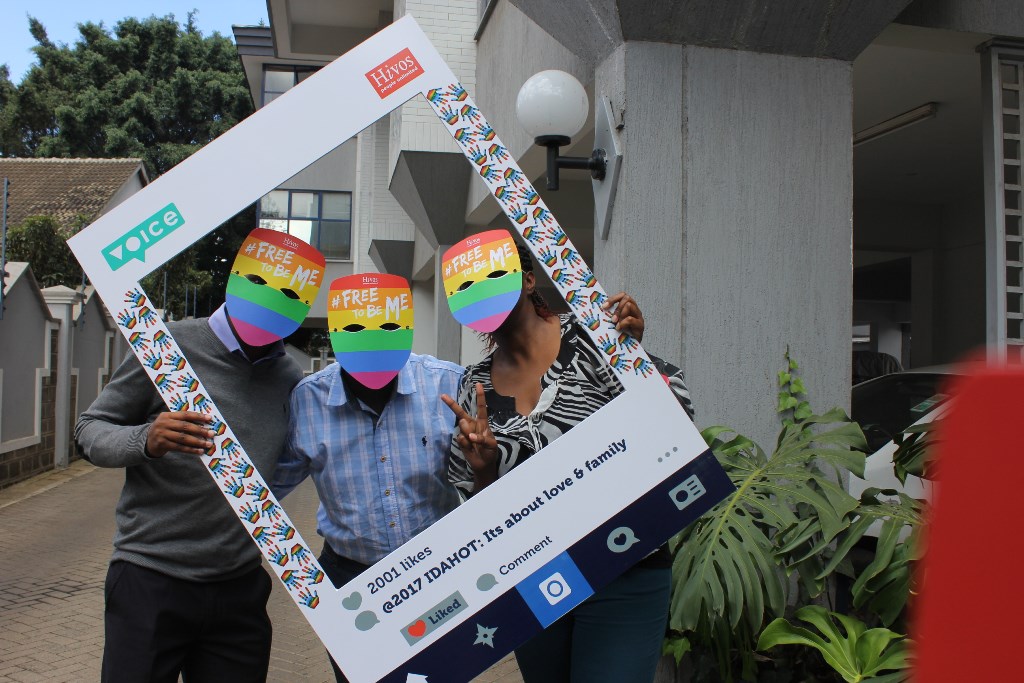As we commemorate this year’s International Day against Homophobia, Biphobia and Transphobia (IDAHOT), I am reminded of the daily struggles and realities that sexual and gender minorities have to deal with.
While East Africa nations enjoy their status as progressive nations in the 21st century and have included sustainable development goals in their national agendas, my attention is drawn to the recent heightened violence against sexual and gender minorities in Tanzania. Their voices have unfortunately been muzzled at the prompting of homophobic rhetoric by those in power. Such expressions of discomfort, intolerance and hatred by lawmakers have further marginalised sexually diverse citizens of Tanzania.
Throughout Tanzania, same-sex acts are punishable by imprisonment, ranging from 30 years to life. Efforts to enact new measures, however, move beyond the criminalisation of sex ‘acts’ to outlawing the ‘promotion’ of homosexuality, with broad definitions of what such promotion of homosexuality might entail. Non-government organisations (NGOs), health service providers and rights organisations that advocate for greater inclusivity and fairness in society are not spared either.
With such acts of discrimination towards sexual minorities, I am prompted to ask “Does my sexuality deprive me of my status as a citizen of my country? Does it mean I shall not be treated equally and enjoy my rights as any other citizen?”
African leaders have tied their negative stance towards sexual orientation and gender identity/expression to religion and culture. We should take note that global bodies such as the World Health Organization (WHO) declassified homosexuality as an illness or disorder in 1990, and there is now a wide global consensus among scientists that homosexuality is a normal and natural variation of human sexuality without any inherently detrimental health consequences.
I therefore call upon the Tanzania Government to consider such scientific perspectives and draw on the most current scientific knowledge when creating policy and enacting laws. Intolerance and hatred perpetuated by the state or the public towards sexual and gender minorities yields violence. Violence is a learned behaviour that is driven by stigma and prejudice. To unlearn behavior is therefore not complicated.
Thirty-eight of fifty-three African nations criminalise homosexuality, thereby imposing varying degrees of legislative restrictions on sexual desires and practices, and on the fulfillment of the human rights of individuals. It is also unfortunate that in East Africa, persons who are or who are perceived as lesbian, gay, bisexual, transgender and intersex (LGBTI), and others whose gender expression does not fit into binary gender norms, are still frequently depicted as deserving public condemnation and, in several cases, as warranting state-sanctioned punishment.
According to article 1 of the Universal Declaration of Human Rights, “all human beings are born free and equal in dignity and rights.” Every person is therefore entitled to enjoy the protections provided for by international human rights law, including in respect of rights to life, security of person and privacy, the right to be free from torture, arbitrary arrest and detention, the right to be free from discrimination and the right to freedom of expression, association and peaceful assembly. Therefore, extending the same rights enjoyed by everyone else to persons who often experience violence and discrimination because of their actual or perceived sexual orientation and gender identity, is not complicated.
IDAHOT’S theme this year focuses on the role of families as a supportive pillar towards sexual minorities. Family support and acceptance has the potential to significantly influence the well-being of LGBTI persons. In addition, supportive families can be powerful forces for countering belief systems that create hostile and even violent environments for those who are made to feel alienated within societies.
What can you do as a family member of a sexual and gender minority for them to feel accepted and valued and to act as a safeguard for them against societal backlash? Supportive families can make a huge difference for lesbian, gay, bisexual and transgender (LGBTI) communities. You can start by words and actions. Love is love; let us not make it subjective!




